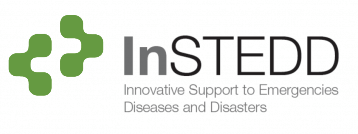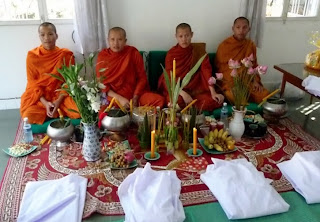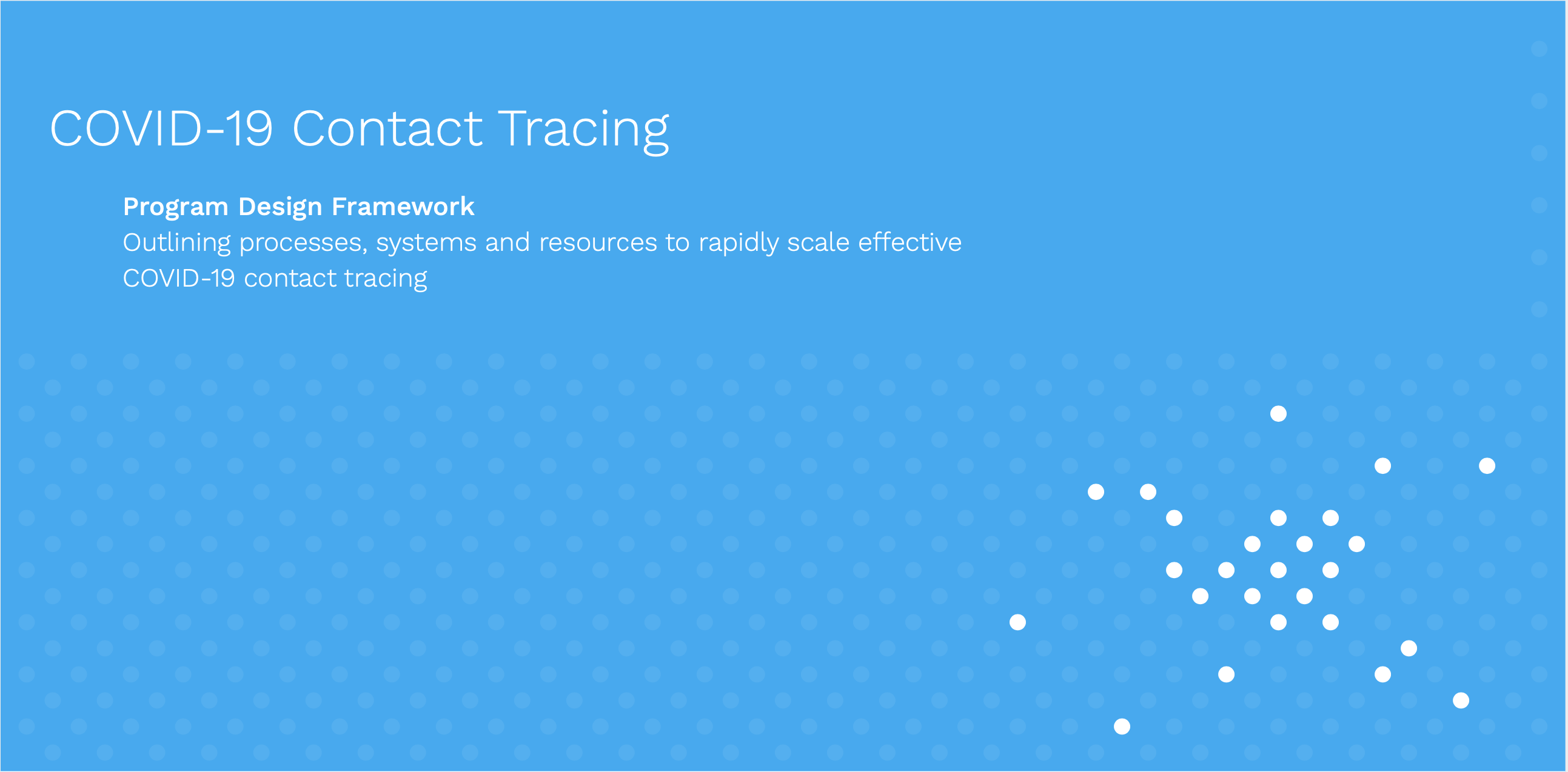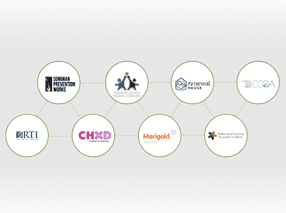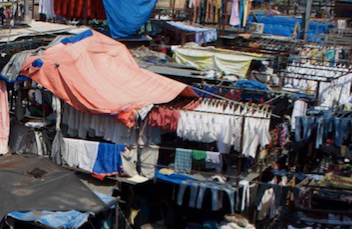The second half of January was a blur of collaborative activity around the earthquake in Haiti. As many of our readers know, InSTEDD, with a collection of competent, attentive, and collegial partners around the world, had a team on the ground at the Port au Prince airfield within about 72 hours after the quake. We accomplished some significant and continuing good and I’ll discuss that elsewhere. February, though, began in Bangkok.
Prince Mahidol of Songla
Each year the Prince Mahidol Award Conference selects one or more global leaders in public health for recognition of their lifetime achievements. The ceremony, in Thailand, serves as a useful opportunity to hold one of the better Public Health conferences of the year. More than 1,000 attendees from dozens of countries converge on Bangkok for three days of presentations and conversations, and this year InSTEDD had a very strong presence.
Press Conference

The week began with a separate Press Conference led by the Thai Health Promotions Foundation. They were describing our new SMS shortcode for GeoChat-based reporting and alerting everywhere in Thailand, and included recognition of our implementing partners in Thailand (Change Fusion and OpenDream), our most prominent funder in the Mekong (Google.org) and our new relationship with a Thai communications company (DTAC).
We’ve spent a lively and interesting few months shaping a business relationship with DTAC around SMS messaging in  humanitarian support. In January we all found some common ground and implemented a good first step at lowering the financial thresholds for disease reporting and outbreak surveillance. Our goal is
humanitarian support. In January we all found some common ground and implemented a good first step at lowering the financial thresholds for disease reporting and outbreak surveillance. Our goal is to provide a free SMS shortcode for GeoChat use everywhere in Thailand and we’re getting there. We’re now confident thatwe can continue to refine our new relationship into a model for other areas of the developing world that need a reporting and alerting capability for emergencies.
to provide a free SMS shortcode for GeoChat use everywhere in Thailand and we’re getting there. We’re now confident thatwe can continue to refine our new relationship into a model for other areas of the developing world that need a reporting and alerting capability for emergencies.
 Based on the later media coverage it was apparently a very successful press conference, conducted mostly in Thai, with DTAC explaining what they’ve done with our partnerships, and Change Fusion demonstrating a few of the new capabilities in GeoChat. I’ve just heard this week that InSTEDD and our partners made it to the front page of the newspapers in Bangkok, and I’d already seen video from television broadcasts of the event. Although it’s all in Thai, I’ll share them here at Thai TV Video 1 and Thai TV Video 2.
Based on the later media coverage it was apparently a very successful press conference, conducted mostly in Thai, with DTAC explaining what they’ve done with our partnerships, and Change Fusion demonstrating a few of the new capabilities in GeoChat. I’ve just heard this week that InSTEDD and our partners made it to the front page of the newspapers in Bangkok, and I’d already seen video from television broadcasts of the event. Although it’s all in Thai, I’ll share them here at Thai TV Video 1 and Thai TV Video 2.
Channe Suy
A day or so later Channe Suy, InSTEDD’s Product Manager from our Innovation Lab in Phnom Penh, presented to a large Prince Mahidol audience our ideas around InSTEDD’s Innovation Lab concept, and specifically why we have one in Cambodia. She touched on the value of the open and shared space for innovative technical work that we’ve provided since 2008, and she spent some time describing our focus on capacity building, local teams working in local languages, interoperability, integration with existing workflow and tools, and how InSTEDD works toward an intersection of grassroots needs and national priorities. Channe gave a terrific talk, well delivered and well received, and I heard great comments about it throughout the rest of the conference.
Magic Wheel
One topic Channe addressed was our Magic Wheel — a physical object — that helps minimally-literate Community Health Workers report disease outbreaks in a consistent, reproducible, error-correcting fashion using a tool we’ve designed that looks a little like a circular slide rule. It received rave reviews for its simplicity, clever, intuitive, and robust mathematical structure, and its adaptability across languages. We’ll talk more about it when the field testing is a little further along.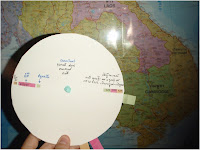
Policy and Tech
I, too, spoke at the conference. My topic was policy and technology in Health Information Systems and I spoke about the need for better guidelines around cloud computing, the challenges between transparency (public safety) and privacy (personal safety) in an emergency, a little about interoperability (as always…), code-escrows, telco contracts, capacity building, and deliberate exit strategies that leave new capabilities properly in the hands of responsible agencies. I was drawing on our work in Haiti and elsewhere (with photographs for illustration), and it was probably a bit much for a 20-minute talk, but you can judge for yourself here.
A few days later in Phnom Penh, we were all able to reconnect in the iLab, getting together as the largest single gathering of the InSTEDD team in a year, and sharing in a gorgeous and moving Buddhist Blessing Ceremony for our place and our work. It was a nice moment in the history of the lab and I think it bodes very well for the coming year.
The Innovation Lab
We had several days in Cambodia, and it was great to see the new faces as people join us, and to watch how well the iLab has moved forward to address concrete problems identified by local staff. It’s a terrific model for developing a local brain trust within a neutral space, addressing local cross-sectoral problems, and it’s getting better constantly as we learn.
We intend to adapt the iLab idea to new sites and new needs over the coming years, and we’re watching now for locations where this capacity building might be most useful. Suggestions are welcome! Drop a note to me at Rasmussen@InSTEDD.org or, if you’re really excited about a possibility, call me on my cell at +1-360-621-3592.
